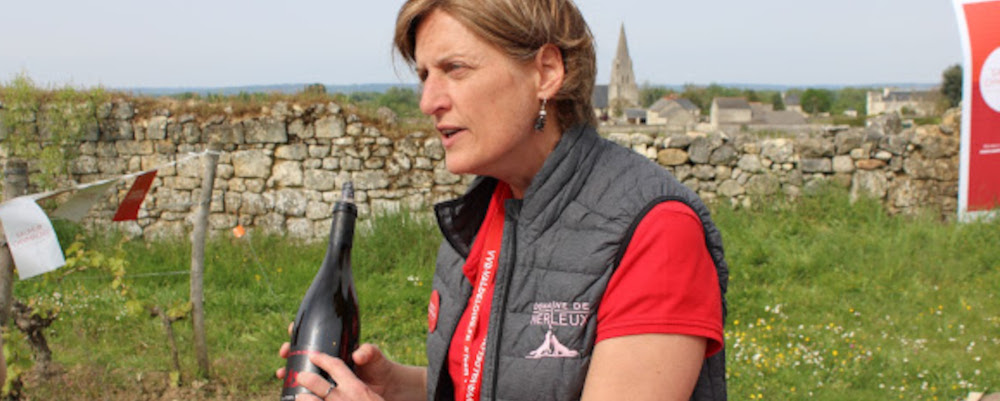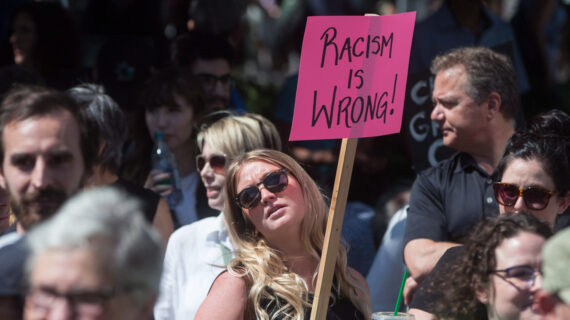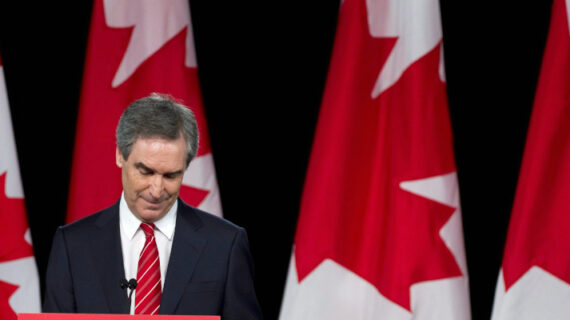I am sure I recently heard a news report on the CBC that explained Canadians (or possibly Americans) had stopped making New Year’s resolutions because we (they) had become wise to the fact that they are rarely realized. I cannot find the source, and the memory may well be false. Or it might be a projection, since I am hard-pressed to remember when I last made a genuine resolution to do something differently as the calendar turned. This changes now!
The school holidays in Ontario mean that, as I write at the turn of the year, we are still taking it easy, family-style, until the 9th of January. I fancy myself like René Descartes exiled in wintry Holland: I am staying with in-laws in the damp and drizzly Grey County countryside and prone to self-reflection. My cogito ergo sum moment is to resolve to do better in this column, and I have the following five ideas about how to do it.
More people
The French came up with the idea of terroir, that a wine had what the American wine writer Matt Kramer called “somewhereness”. This worked well for the French, whose somewheres included Bordeaux, Burgundy, and Champagne, and has been copied by all the other somewheres where wine is made. But surely, the most important thing about any somewhere is the people there.
Contrary to the Natural Wine Taliban (TradeMark pending), wine does not make itself, and the story of the people who make the wine is the real story of the wine. It’s easy to forget this and get caught up in geography, climate, grape variety, cellar equipment, or whatever else and forget about the minds that make the decisions about what ends up in the glass. I resolve to do better at this and bring The Hub readers more interesting stories about interesting people making interesting wines. Maybe it means less how and more why.
More books
The best “work” I had this year was reading Andrew Jefford’s book, Drinking with the Valkyries. If Revenue Canada asks you, I bought the book to write the Hub column about it a few weeks ago; you know, for professional reasons. That it was an absolute pleasure to read, and write about, is simply a happy coincidence… Though in all seriousness, Jefford’s writing reminded me how much my thinking about wine has been shaped on the shoulders of giants like him, and Kramer, Lynch, Olney, Robinson, and others.
There are giants in the making too, writing now and shaping how I think about wine just as much. An overlooked privilege of wine writing is, I think, that those who practice it are forced to intermingle at tastings and press trips. It’s a pleasure to meet the author of a book (in this case about wine) and discover the person who wrote it is as interesting, if not more, than what he or she wrote. I resolve to take advantage of these meetings, past, present, and future to tell Hub readers the stories of others who write about wine, and why.
More food
The story of wine, as it spread from the Southern Caucasus across the Mediterranean Basin and to the shores of the Atlantic, is the story of culture and food. Wine is food, say the French, and they mean it. In North American culture, wine is a drink too, which is fine, but a sip is always better with a nibble, even if it’s just an olive or a potato chip.
I resolve to try harder and more frequently to place wines in their context at the table, especially a Canadian table at whatever time of year we happen to be in. While wine is a pleasure unto itself, it’s also an enhancer of other pleasures, not least gastronomic. The Italians say one never grows old at the table. I will try and remember that wine’s foremost place is there.

More New World
I am grateful for the liberty my editors at The Hub grant me with regard to the subject of these columns. But, with freedom comes the danger of complacency. Looking back, I see my bias, and great love, for the wines of Western Europe. I will confess to a particular fondness for the wines of Italy, and could likely write 50 columns a year just on that subject. But I am not a hedgehog and wish to be much more of a fox.
The world of wine is vast and holds pleasures from all corners of the Earth between the 30th and 50th latitudes. In my old job, my advertising clients were wine importers who represented wineries from across the globe. I resolve to get back in touch with them, and also to follow my own nose, to find out what’s interesting in the Antipodes and South America. Watch out for a report from Argentina, where I plan to be in February.
More Canada
I know we are also in Le Nouveau Monde, but as Thomas Bachelder says, Canadian wines are a bit “Trans-Atlantic”, because of our cooler climate (however hot it gets in the Okanagan). I am with Heather Reisman: my wine world definitely needs more Canada. 2022 was my year of re-engagement with the geography of wine, but most of that happened in Europe. It’s only late in the last year that I began to think about getting back to Niagara and seeing what’s happened on the ground in the last three years. And then, there is Beautiful British Columbia, which is making some of the most exciting wines in the North American West. Stay tuned.
What else? If you would to see more of something or other in these columns this year, please get in with me through The Hub at [email protected].




